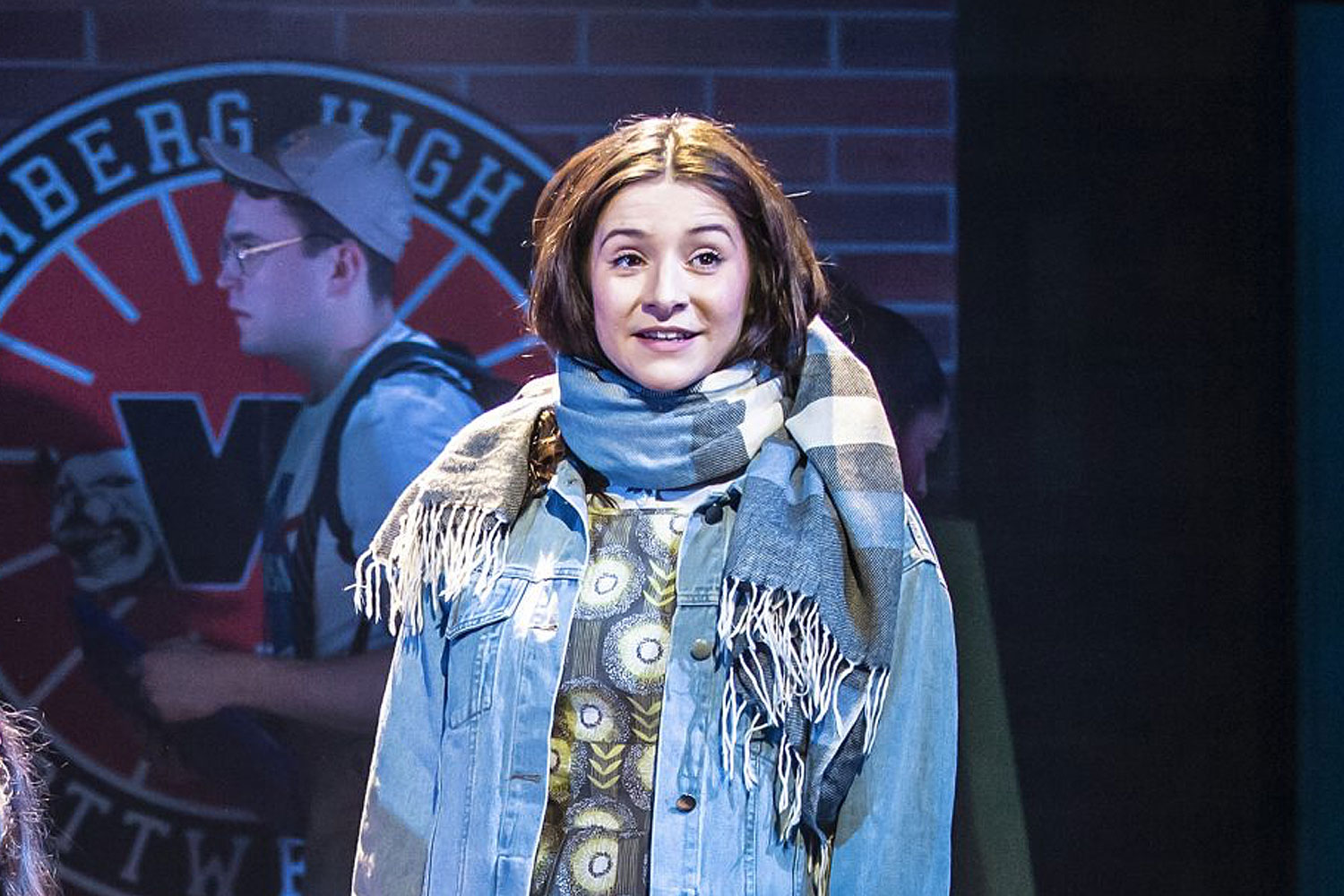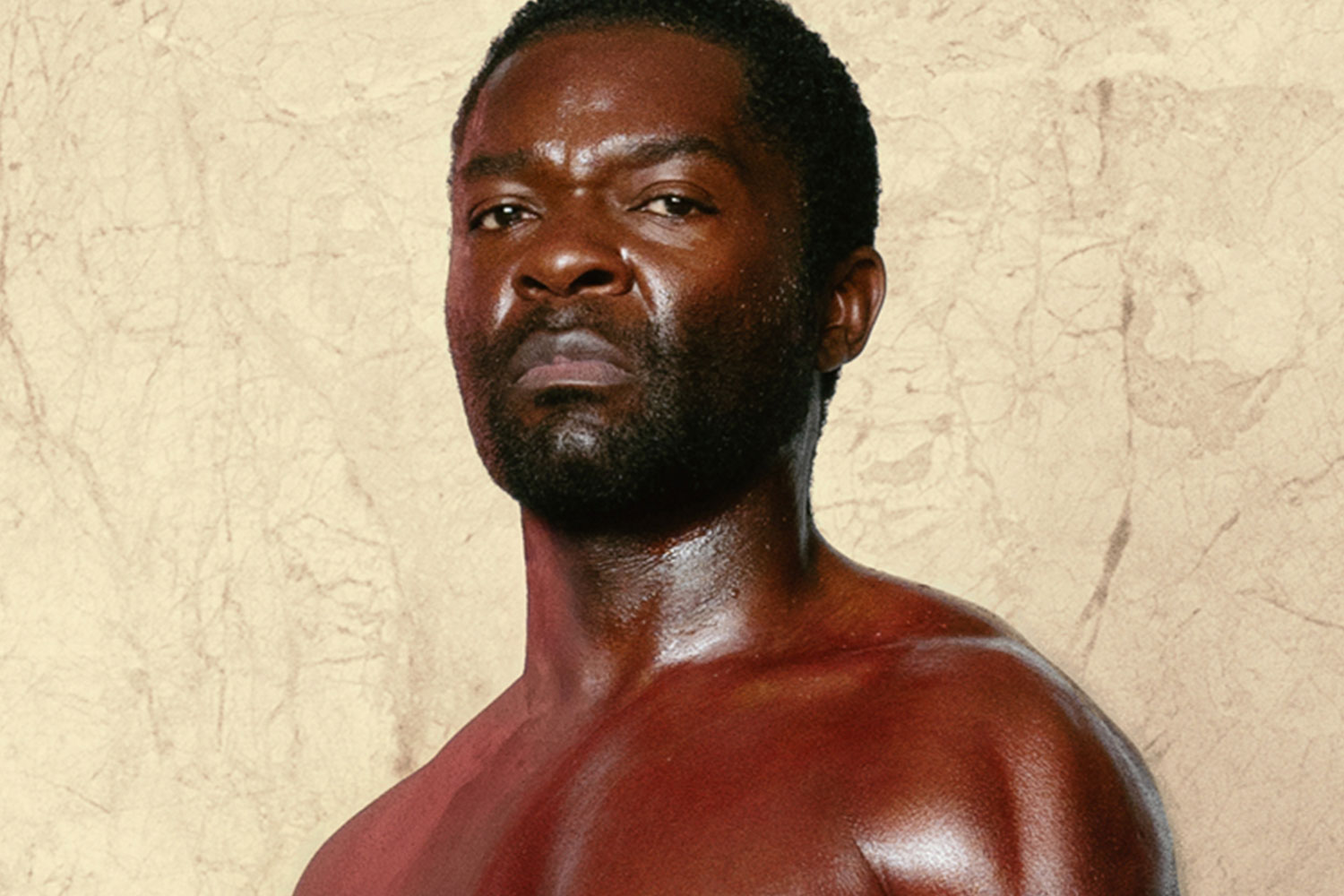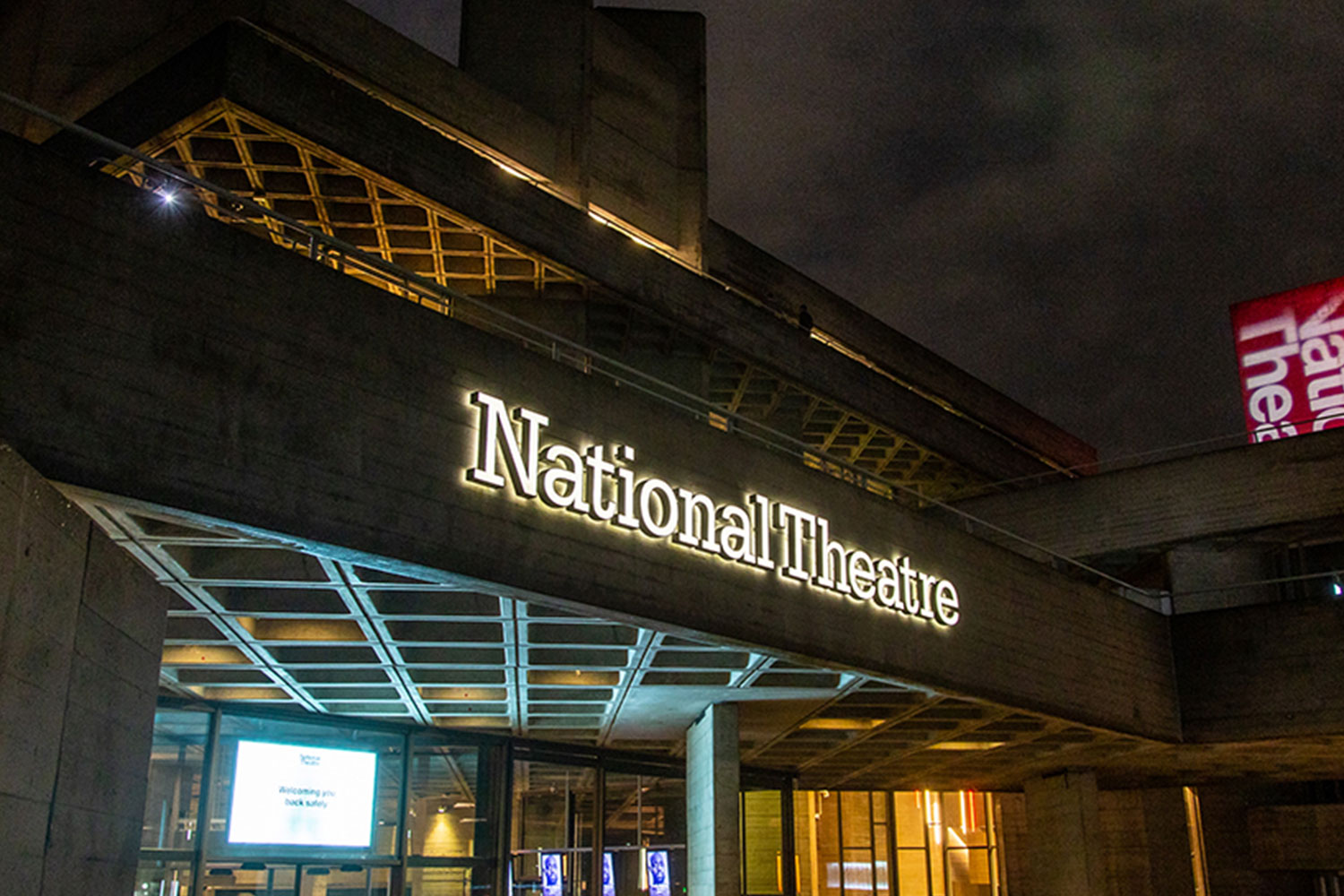The Magic Flute
Reviewed at the Quay Theatre, Sudbury
Have you ever heard of the Virtual Reality Orchestra? I certainly hadn’t – that is, until going to Commedia Productions’ staging of Mozart’s The Magic Flute in the Jeremy Sams’ English-language version. Basically, it’s a computer-generated instrument, able to follow variations in dynamics and tempi and so has the ability to accompany singers regardless of the vocal changes inherent in each live performance.
Well, that’s the theory. In practice it favours strings, woodwind and timpani more than brass, or so the overture suggested. Certainly the singers seemed comfortable with their synthesised accompaniment and – given a staging which doesn’t allow for a chorus – it gave a fullness of sound which would not have been possible for a simple piano accompaniment or truncated instrumental ensemble.
Glyn Paul’s is a modern-dress production with time-travelling elements. Sarastro, his acolytes and the Queen of the Night are robed; Papageno starts off with a literal cockscomb; Tamino wears a safari outfit; Monostatos is a horror-film escapee in breeches, a top-hat and opera cloak and the three ladies (doubling as the three boys) are vamps who wouldn’t look out of place in Weimar Berlin’s Kit Kat Klub. I’m not entirely sure what the stark cross has to do with anything, but there’s an interesting coup de theatre after the final triumphant chorus which suggests that brotherhood and enlightenment might not have the upper hand after all.
Julie Roberts is a very fine Pamina, pure in tone and elegant in phrasing. She makes her into a girl whose womanly strength is likely to be greater than Tamino’s prized fortitude. David Rose thoroughly enjoys Monostatos with crisp diction and a lively sense of a servant’s need to survive, whatever the circumstances. Jo Corris as the Queen flew at those fiendishly high notes of her second-act aria with a greater sense of security than she brought to her first-act appearance.
Any audience will always take Papageno to its heart; he’s the common man with mortal longings familiar to us from any society at any time. Peter Calver acts him very well, though vocally he seemed a little more rough. Julian Ochwat’s voice with its heldentenor qualities is not really one for Mozart, though he brought passion as well as fluency to Tamino’s outbursts. The part of Sarastro requires a bass who is comfortable with the very low notes in his arias, and this John Meers’s dignified portrayal provided. Tim Bloomfield was an effective Speaker; the three ladies were Deborah Edwards, Michelle May-Jones and Elaine Henson with Florence Glanfield the most perky of Papagenas.
– Anne Morley-Priestman










